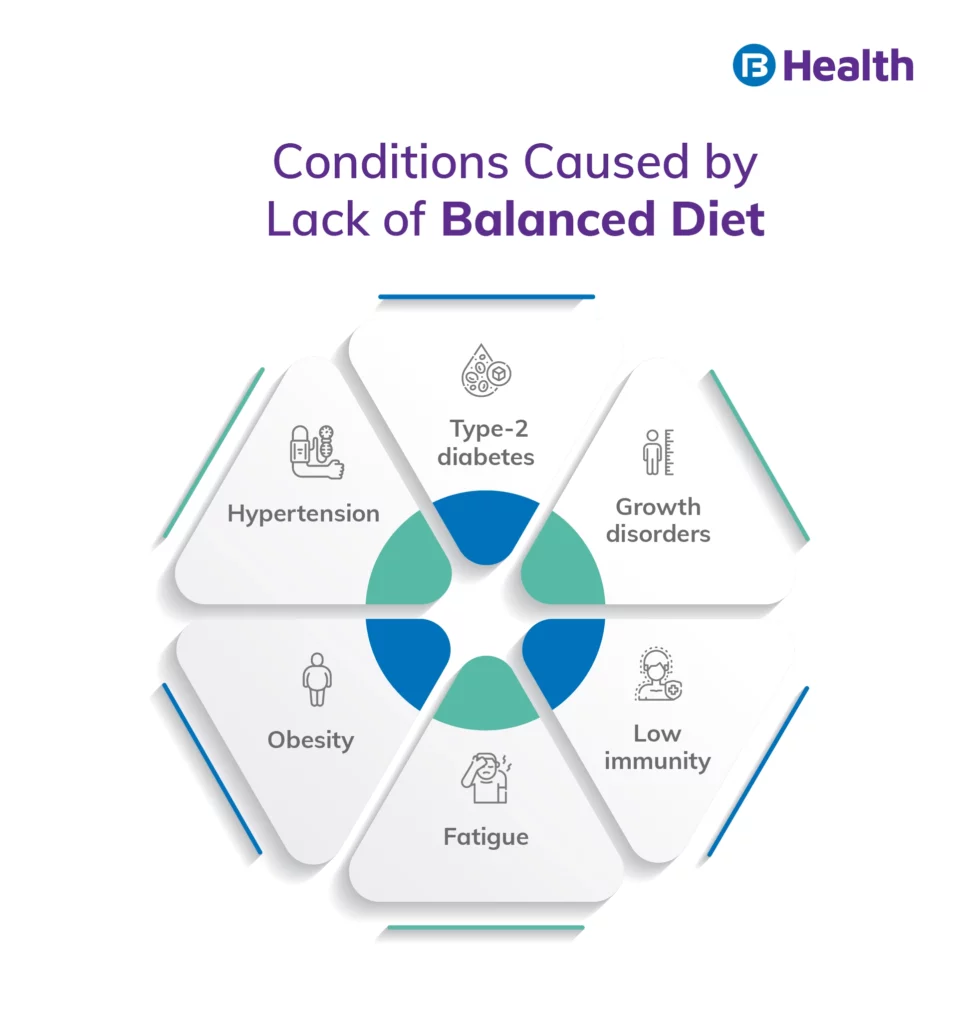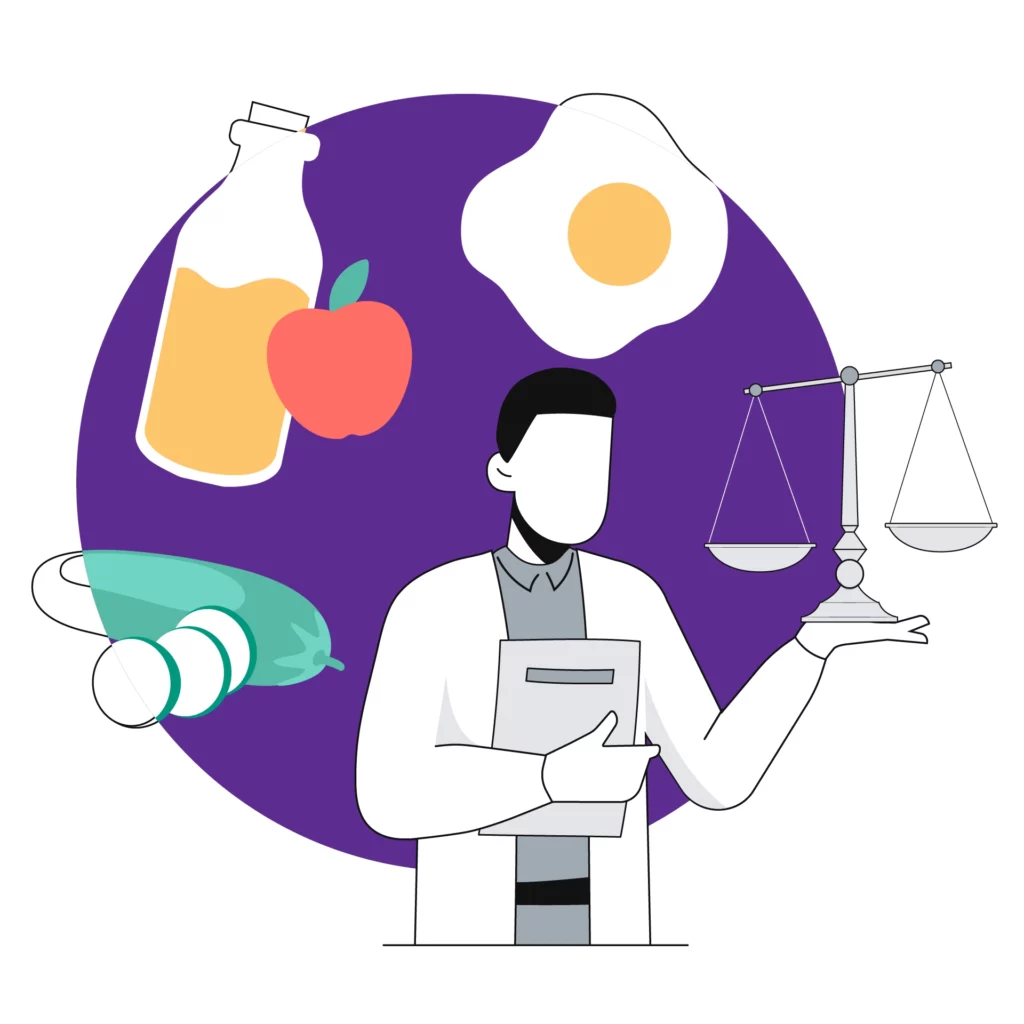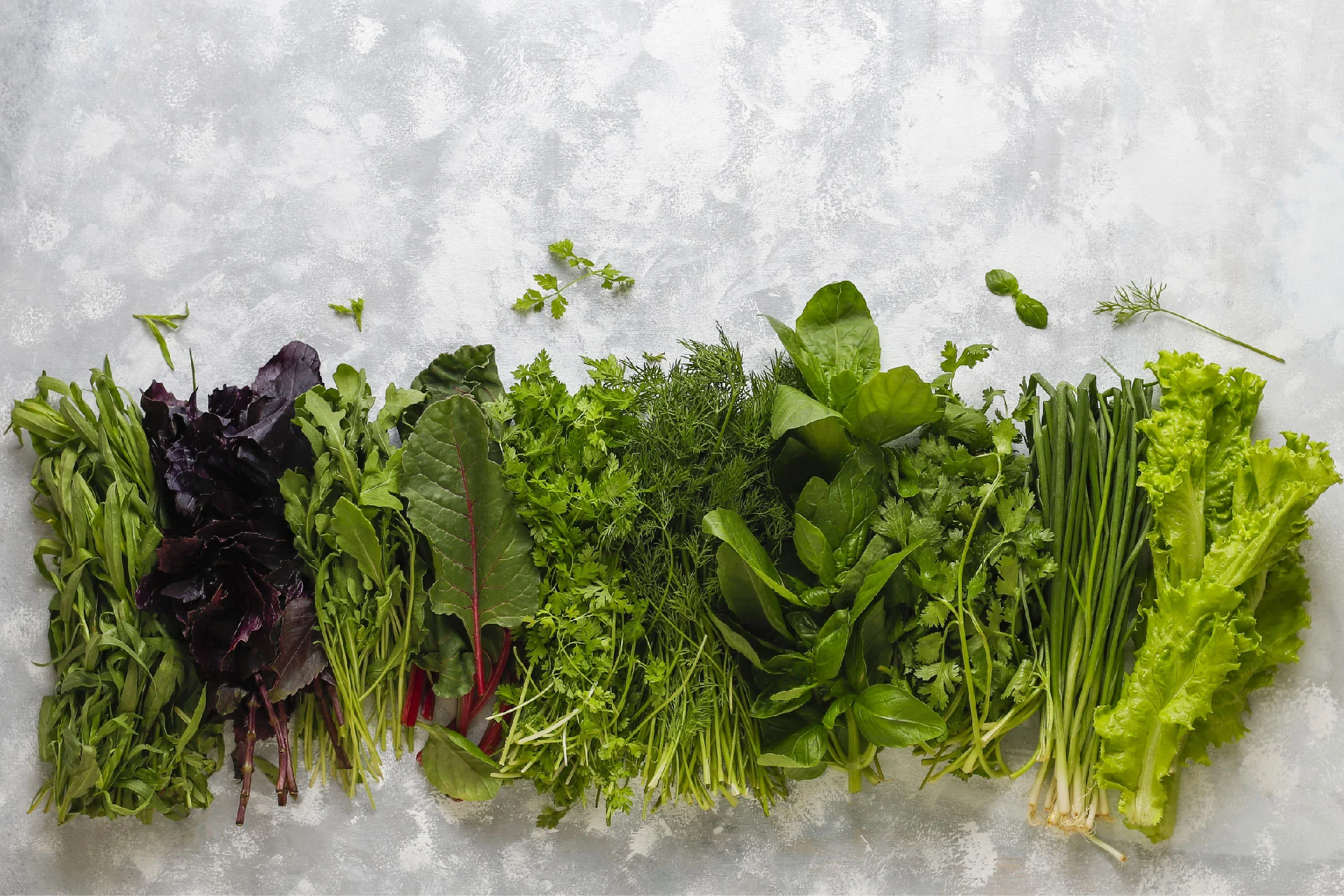General Health | 5 min read
Balanced Diet Definition, Importance, Diet Food List
Medically reviewed by
Table of Content
Synopsis
When it comes to a balanced diet, it is important to have all essential nutrients in the required amount without overconsuming any of them. Find out all your options for maintaining a balanced diet.
Key Takeaways
- A balanced diet provides your body with essential nutrients
- It includes carbs, vitamins, minerals, as well as healthy fats
- A balanced diet for an individual may depend on their health condition
Balanced Diet Meaning
A healthy balanced diet gives your body the key nutrients it requires for effective metabolism. Your nutrition needs to be sourced from the following to create a healthy, balanced diet plan:
- Whole grains
- Seasonal fruits and vegetables
- Nuts
- Lean proteins
- Legumes
Balanced Diet Importance
A balanced diet gives your body the essential nutrients for performing crucial body functions. Without a balanced diet, fatigue, infections, and diseases can easily affect your body.
Kids who don’t have healthy food habits may come across growth and developmental issues. They may also get infections on a regular basis, affecting their academic performance. Apart from these, unhealthy eating habits continuing for the rest of life are quite common in such cases. Children who are neither into a balanced diet nor into exercise may even develop the following conditions:
As per data, 68% of under-5 deaths in India are linked to severe malnutrition [1]. Here are some of the diseases that are connected to poor diet:
- Type 2 diabetes
- Heart conditions
- Stroke
- Cancer

Balanced Diet Food List
It is important to have the following nutrients to follow a balanced diet:
- Healthy fats
- Protein
- Carbs, including fibres and starches
- Antioxidants
- Minerals
- Vitamins
To make sure you are getting the above nutrients, include the following group of foods in your diet:
- Protein-rich foods
- Vegetables
- Fruits
- Dairy products
- Grains
If you are into a vegan diet, you may not consume animal proteins such as dairy, fish, or meat. You can take plant-based proteins such as beans and tofu in such cases. If you have lactose intolerance, you can still follow a balanced diet by going for other protein-based foods. Here is more about the essential nutrients required in a balanced diet:
Vegetables
They are also a crucial source of essential nutrients. Going for leafy greens is one of the best choices you can make. They include the following:
- Broccoli
- Green beans
- Kale
- Spinach
You can use them as a salad or side dish or as the base of pasta, stews, and soups. They can also be included in juices and smoothies for added flavours.
Fruits
Fruits are high-sugar foods, but the sugar they contain is natural. Apart from artificial sweeteners, fruits are also loaded with fibres and other essential nutrients. In this way, they may not be a reason for sugar spikes, and they provide your body with key vitamins and minerals. Going for local fruits is prudent as local fruits are fresher and richer in nutrients than imported ones. In case you have diabetes, doctors can recommend suitable fruits and tell you when to eat and how much.
Grains
Whole grain products such as whole oats and whole wheat provide your body with additional nutrients such as fibres, minerals, and vitamins. Their major difference with refined white flour is that they don’t have any part of the grain removed. It makes them a crucial part of your balanced diet.
Plant-based protein
Consider adding beans, nuts, seeds, and soya-based products to your diet if you are into plant-based protein. Here’re the common examples:
- Walnuts
- Sunflower seeds
- Almonds
- Peas
- Beans
- Lentils
Among soya-based products, you can try tempeh and tofu. They are effective alternatives to meat and can be an integral part of your balanced diet.
Animal protein
The major sources of animal protein are meats, fish, and eggs. However, if you have health conditions such as heart conditions and high uric acid, doctors may ask you to limit your protein intake.
Consumption of processed meats and red meats may be linked to cancer and other conditions, as per some research [2]. In addition, processed meats may also contain salt and a high amount of added preservatives. This is the reason it is prudent to consume unprocessed meats.

Fats and oils
Consumption of fat is crucial to get energy and boost the health of your cells. However, too much intake of fat can raise calories above the required level and lead to weight gain. So it is crucial to have them in moderation, which can also be a part of a balanced diet for weight loss.
Usually, doctors may recommend avoiding saturated fat as much as possible as they can increase your cholesterol levels. However, modern research suggests that a small number of saturated fats can be a part of your balanced diet, and you need to avoid trans fats altogether [2].
Adhering to the guidelines of fat consumption may appear difficult, so a scientist has recommended the following to make things easier [3]:
- Fats you can consume: Fish oils and vegetable oils
- Fats you should limit: Heavy cream, cheese, butter
- Fats you should avoid: Trans fats (You can find them in different processed foods, such as doughnuts)
Dairy
Dairy-based products give you essential nutrients such as vitamin D, calcium and protein. Unfortunately, they are also loaded with fat. If you are aiming to control your fat intake, go for reduced-fat options.
In case you are vegan, many dairy alternatives, such as dairy-free milk, are available. These are usually made from:
- Coconut
- Oats
- Soya
- Cashew and almonds
- Flax seeds
In this process, these foods are mixed with calcium and other nutrients, which makes them a potent alternative to dairy.
While all these facts and figures explain a balanced diet and its importance, remember that you need to consume a balanced diet in balance too. Otherwise, high consumption of any balance diet food can lead to health complications. For a detailed insight into the kind of balanced diet you need, you can opt for a consultation with a general physician on Bajaj Finserv Health. According to the age of the patient, they can recommend a balanced diet chart for kids or adults. To ensure you get the nutrition you need, book an online appointment right away!
References
- https://www.thelancet.com/journals/lancet/article/PIIS0140-6736(20)30471-2/fulltext
- https://www.ncbi.nlm.nih.gov/pmc/articles/PMC6067651/
- https://www.ncbi.nlm.nih.gov/pmc/articles/PMC6067651/
Disclaimer
Please note that this article is solely meant for informational purposes and Bajaj Finserv Health Limited (“BFHL”) does not shoulder any responsibility of the views/advice/information expressed/given by the writer/reviewer/originator. This article should not be considered as a substitute for any medical advice, diagnosis or treatment. Always consult with your trusted physician/qualified healthcare professional to evaluate your medical condition. The above article has been reviewed by a qualified doctor and BFHL is not responsible for any damages for any information or services provided by any third party.



